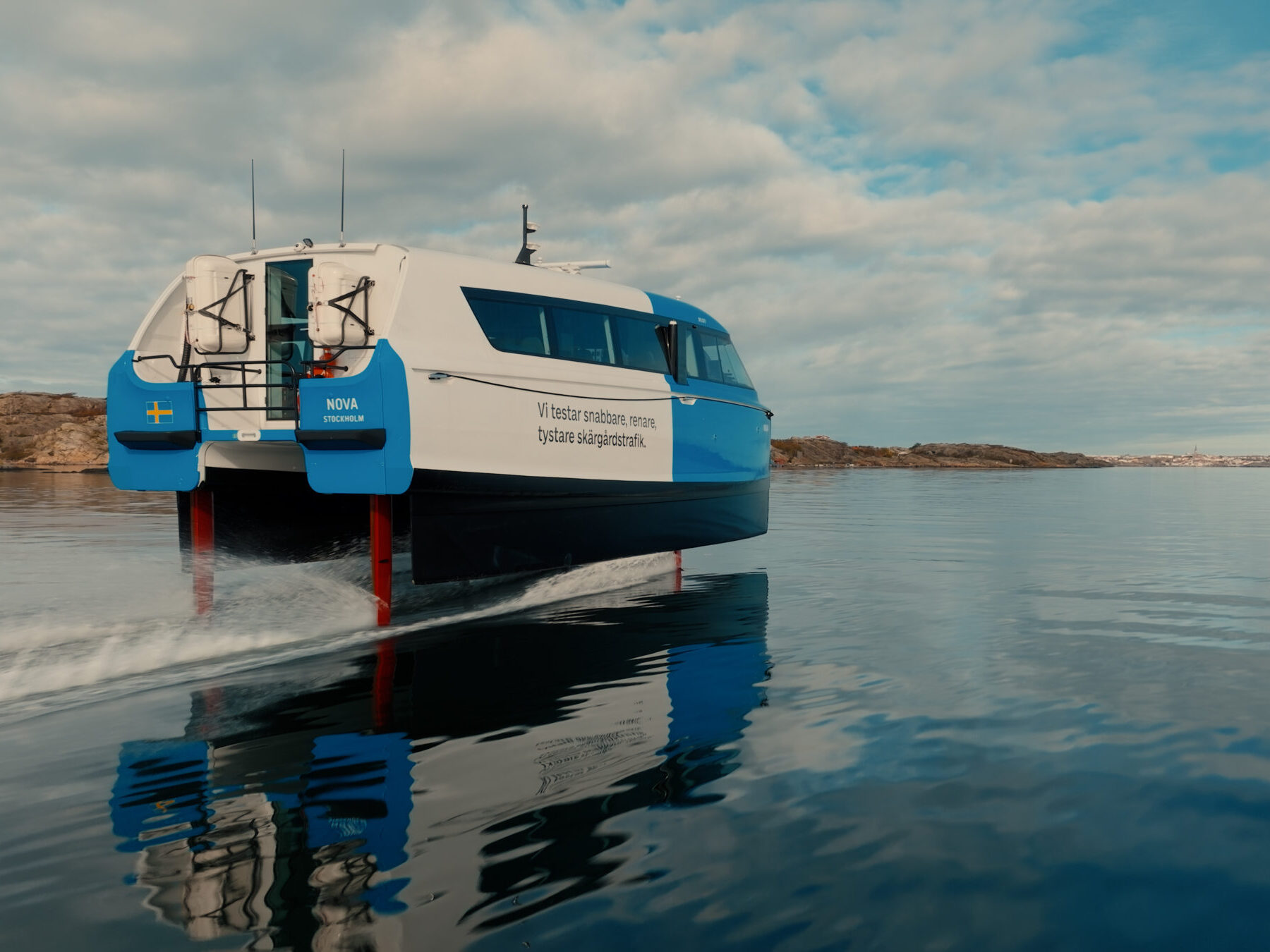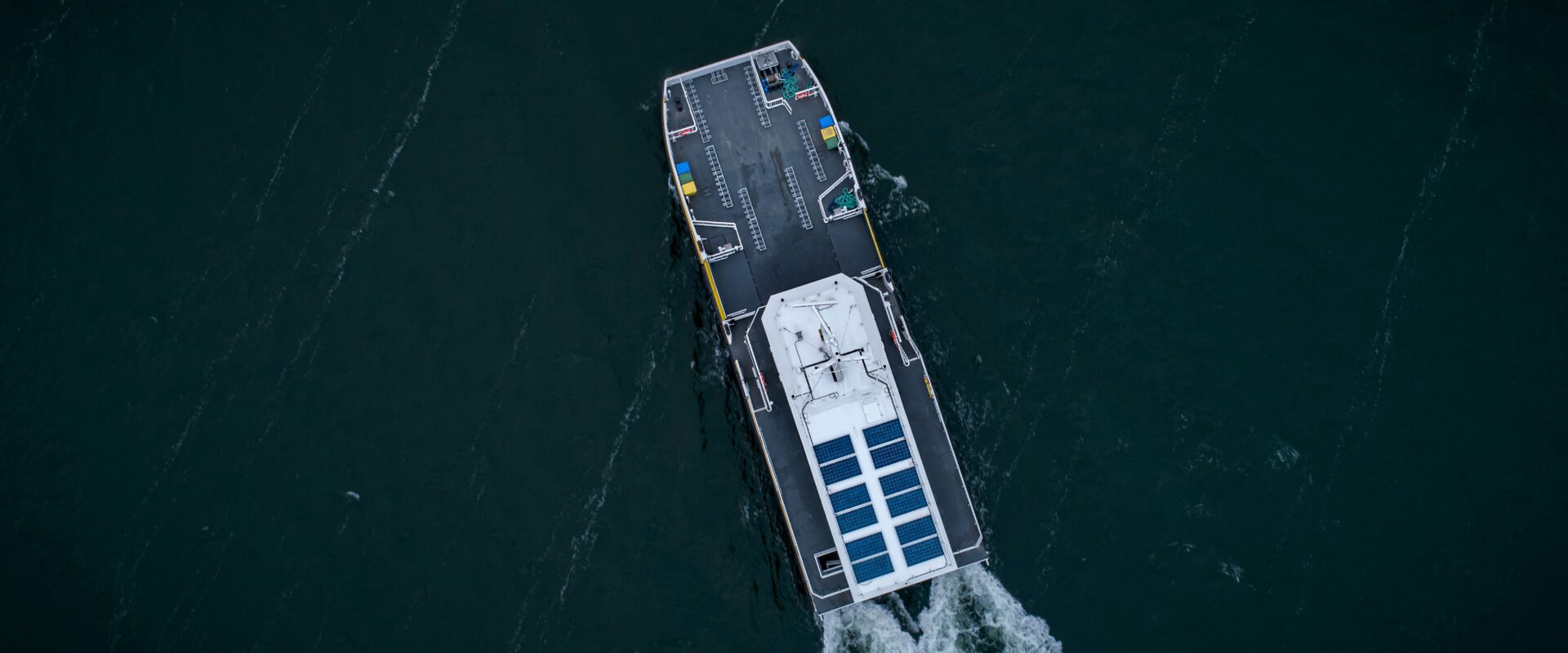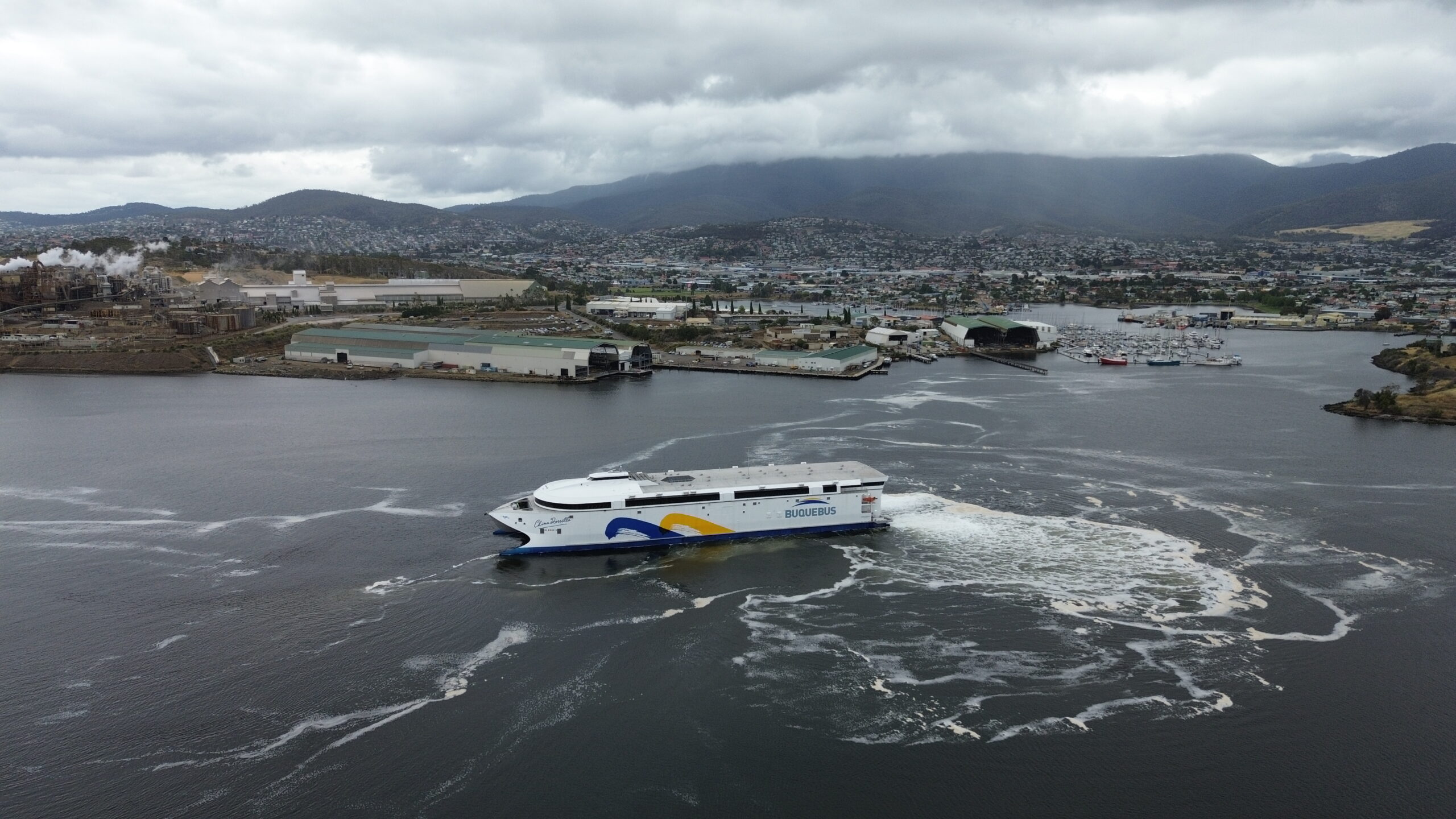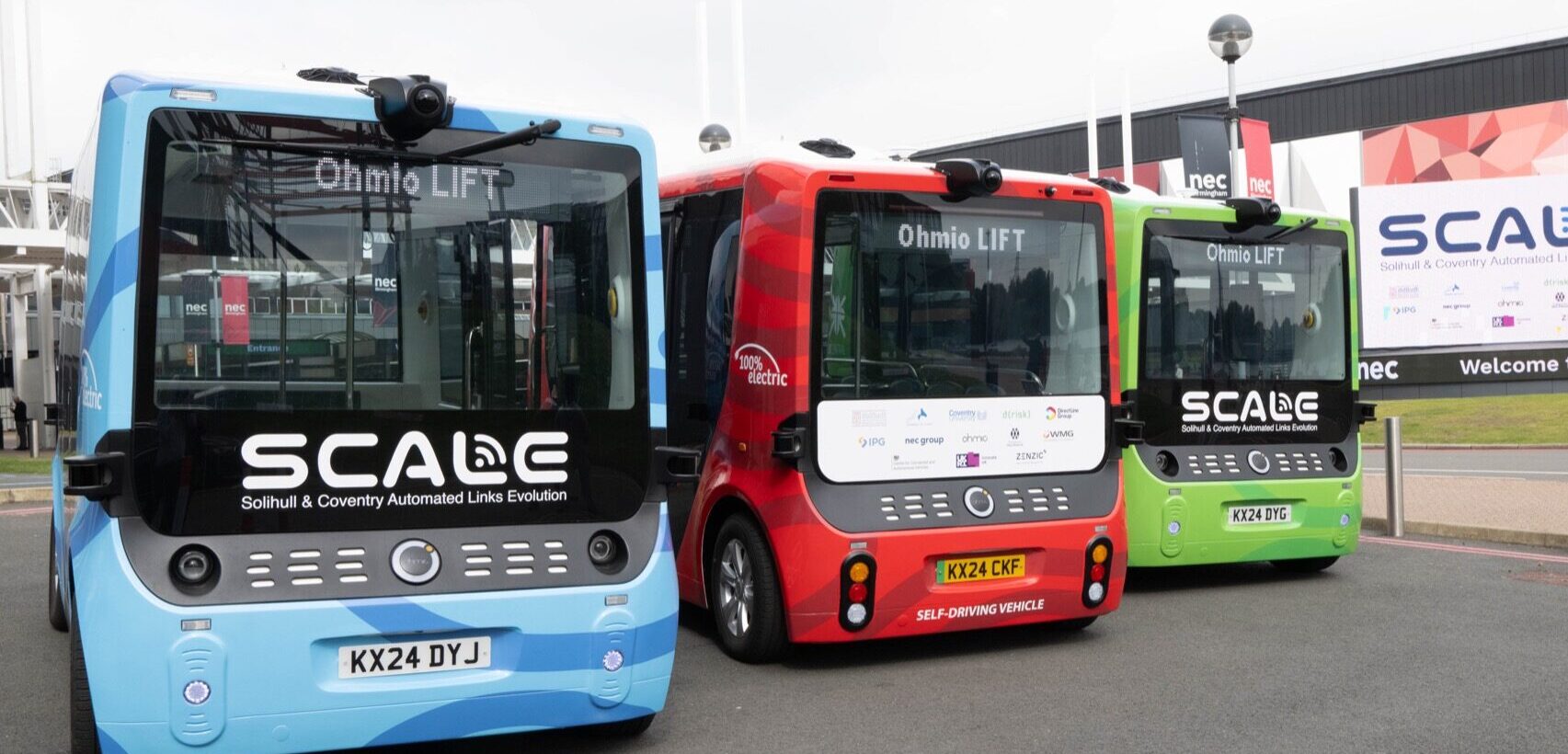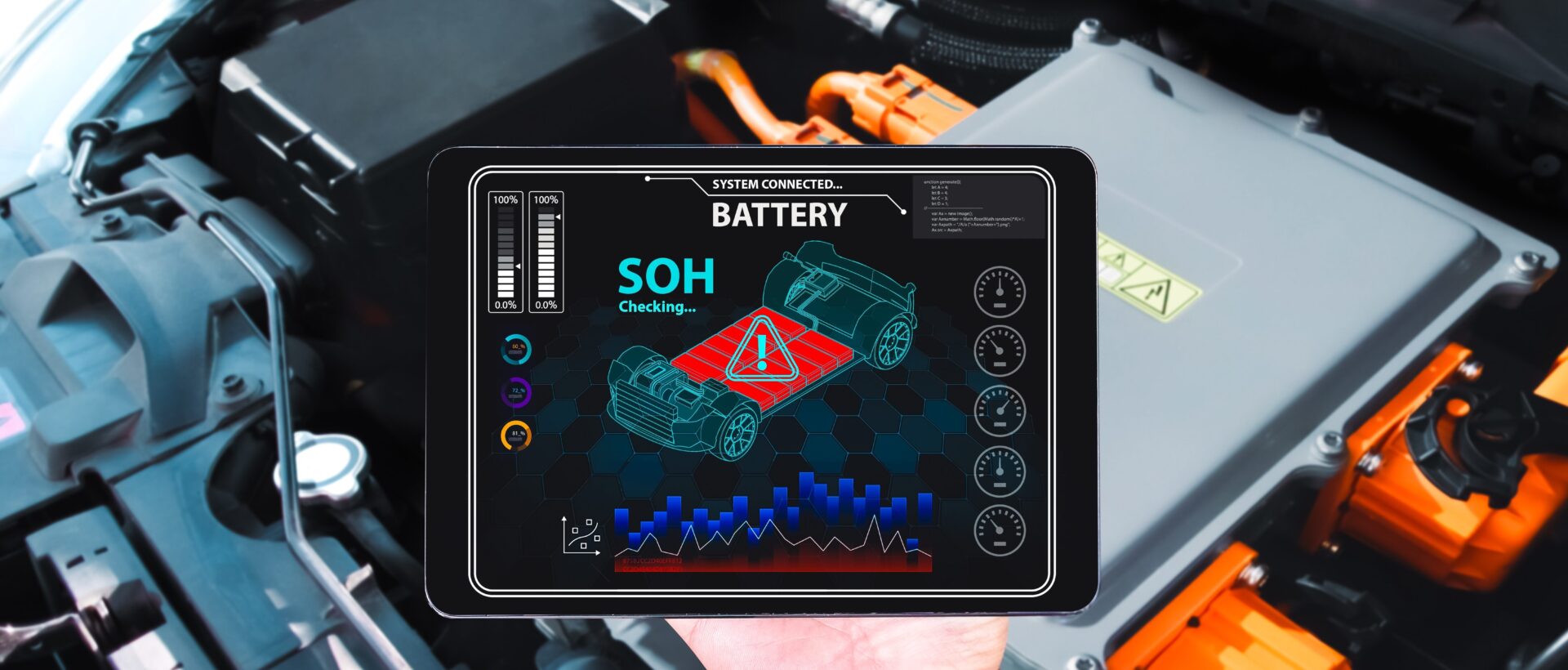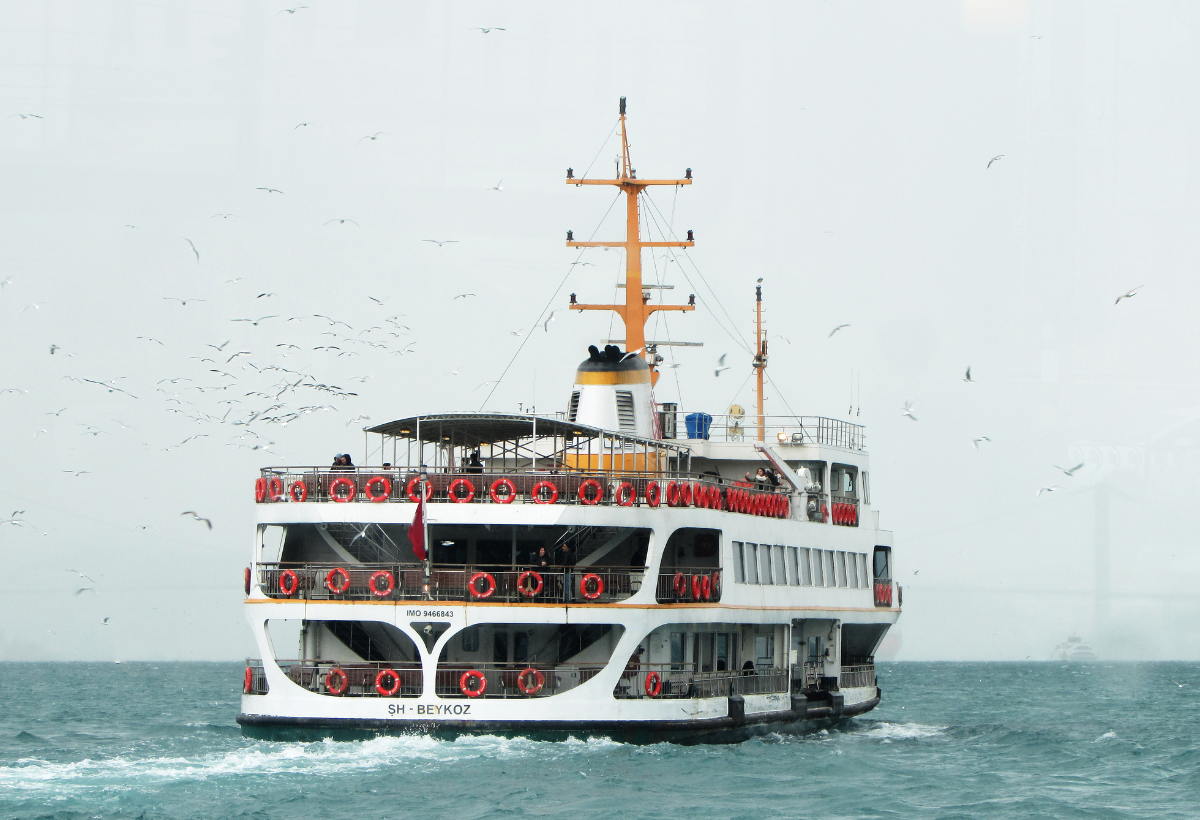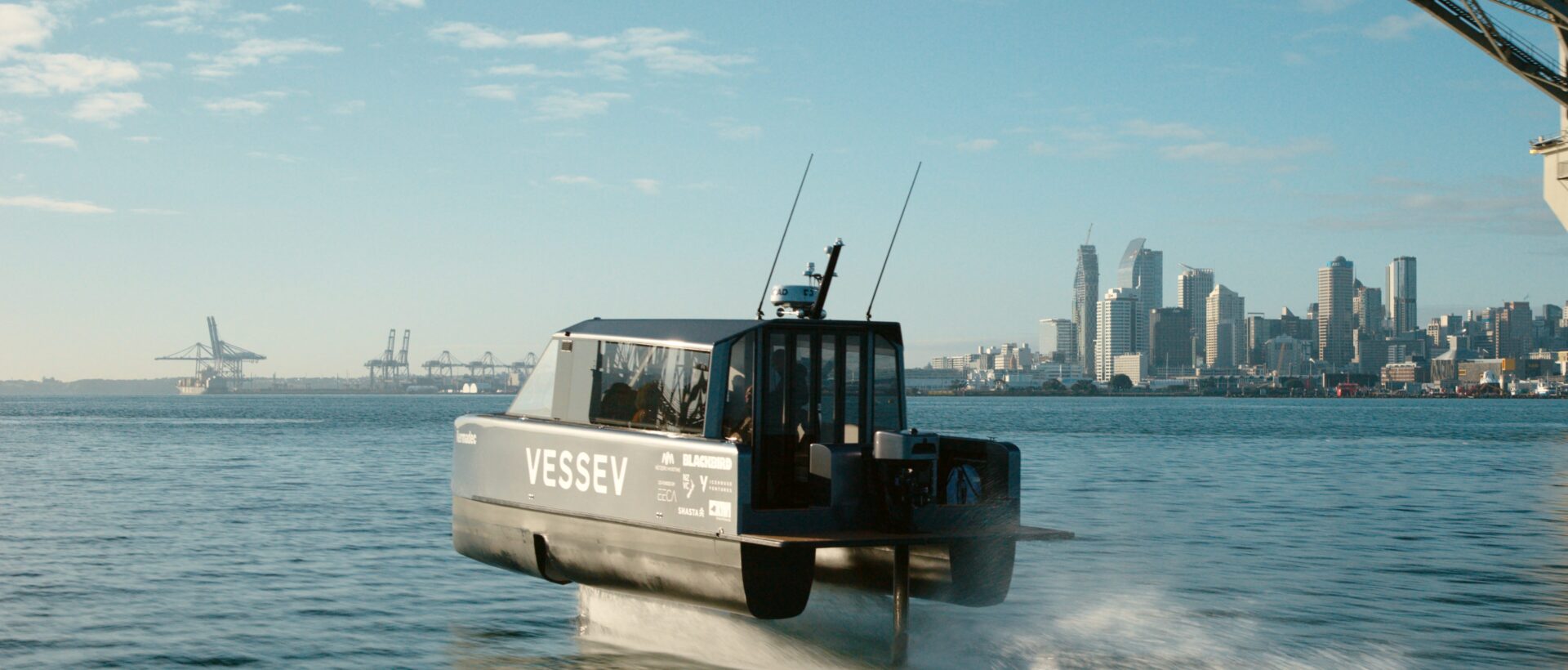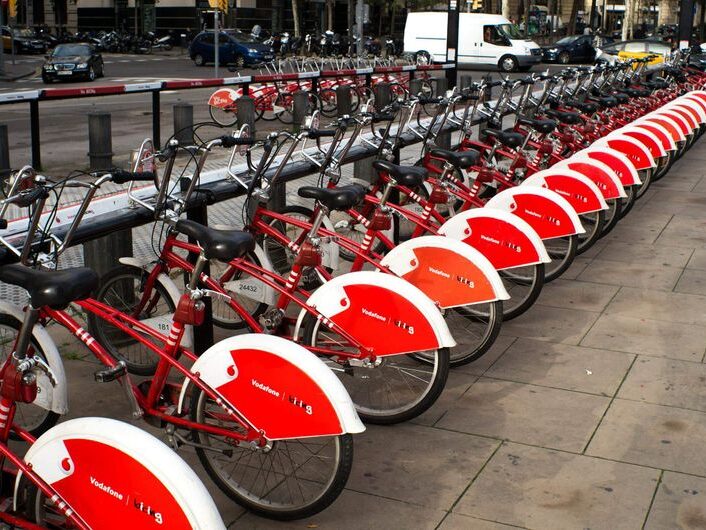The Exeter Port Authority is trialling a new hydrogen-electric boat designed and manufactured by Ecomar Propulsion.
The vessel, named MV Dirac after Nobel Prize-winning physicist Paul Dirac, will be tested on the Exe Estuary for a limited time as part of efforts to evaluate its performance and viability.
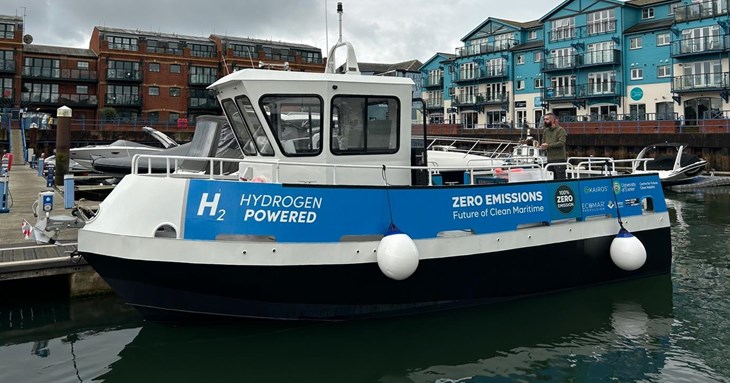
Having been launched at Exmouth Harbour, the boat is now undergoing final preparations. A team from Ecomar Propulsion is completing the installation of its power systems while the vessel remains afloat.
Ecomar Propulsion CEO, Eugene Bari said:We called her Dirac because we think that she represents the best of British engineering and innovation. It is fitting that she starts her working life in the South West, where there is a centuries-old tradition of seafaring and ground-breaking innovation.
MV Dirac is built on the framework of a NATO Combat Ready Boat, but its interior has been redesigned.
It is equipped with two 250kW Ecomar Kairos motors and 180kWh of lithium-ion batteries, supplemented by a hydrogen fuel cell to extend the vessel’s range. The hydrogen is stored in portable BOC Genie bottles, which can be easily replaced onboard for flexible recharging.
Harbour Master Grahame Forshaw from Exeter Port Authority said:The beauty of the hydrogen refuelling is that the port doesn’t need to install expensive equipment. We can carry the bottles to the boat, and they weigh about the same as a regular barbeque bottle. We can easily charge the batteries directly from the pontoon as well, so it makes the move to clean energy really easy.
The trial is being supported by Exeter University’s Centre for Clean Future Mobility, which will gather data from the vessel during the testing period. This collaboration aims to address concerns about the range and safety of hydrogen-powered boats, while demonstrating the potential for clean maritime technologies.
In the coming months, MV Dirac will enter regular service with the Port. Further upgrades and system modifications may also take place during this time.
The goal is for the vessel to handle the same workload as traditional combustion-powered boats by the end of the trial.



